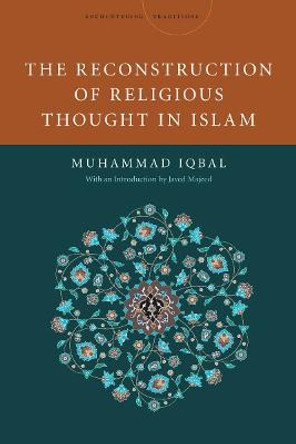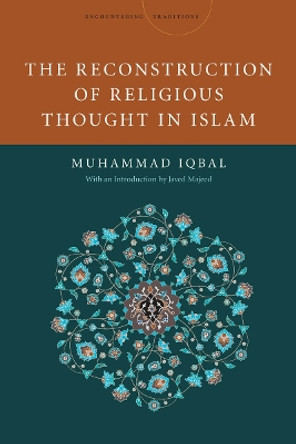Since the 1979 revolution, scholars and policy makers alike have tended to see Iranian political actors as religiously driven-dedicated to overturning the international order in line with a theologically prescribed outlook. In Religious Statecraft, Mohammad Ayatollahi Tabaar argues that such views have the link between religious ideology and political order backwards. This provocative book examines the politics of Islam rather than political Islam-demonstrating that religious narratives can change rapidly, frequently, and dramatically in accordance with elites' threat perceptions. Tabaar traces half a century of shifting Islamist doctrines against the backdrop of Iran's factional and international politics. He argues that the Islamists' gambit to capture the state depended on attaining a monopoly over the use of religion. Tabaar explains how competing political actors strategically construct and deploy Shia-inspired ideologies to gain credibility and raise mass support. Based on micro-level analysis of original material and documents recently released in the Persian media as well as theological journals and political memoirs, Religious Statecraft constructs a new picture of Iranian politics and revises our understanding of the revolution, the U.S. embassy hostage crisis, the Iran-Iraq War, the Green Movement, nuclear politics, and U.S.-Iran relations.
About the AuthorMohammad Ayatollahi Tabaar is an assistant professor at the Bush School of Government and Public Service at Texas A&M University and a fellow at the Baker Institute for Public Policy at Rice University.
ReviewsContinually changing narratives, based on individual, factional, or regime interests, rather than any consistent or immutable commitment to Islamic teachings and principles, define the ebbs and flows of Iran's postrevolutionary politics. As Mohammad Ayatollahi Tabaar puts it, 'there is no such thing as political Islam. There is, however, a politics of Islam.' Through meticulous and extensive use of official, semiofficial, independent, and oppositional media, both in Iran and abroad, Religious Statecraft illustrates and persuasively proves this argument. -- Ali Banuazizi, Boston College
Book InformationISBN 9780231183666
Author Mohammad Ayatollahi TabaarFormat Hardback
Page Count 392
Imprint Columbia University PressPublisher Columbia University Press






